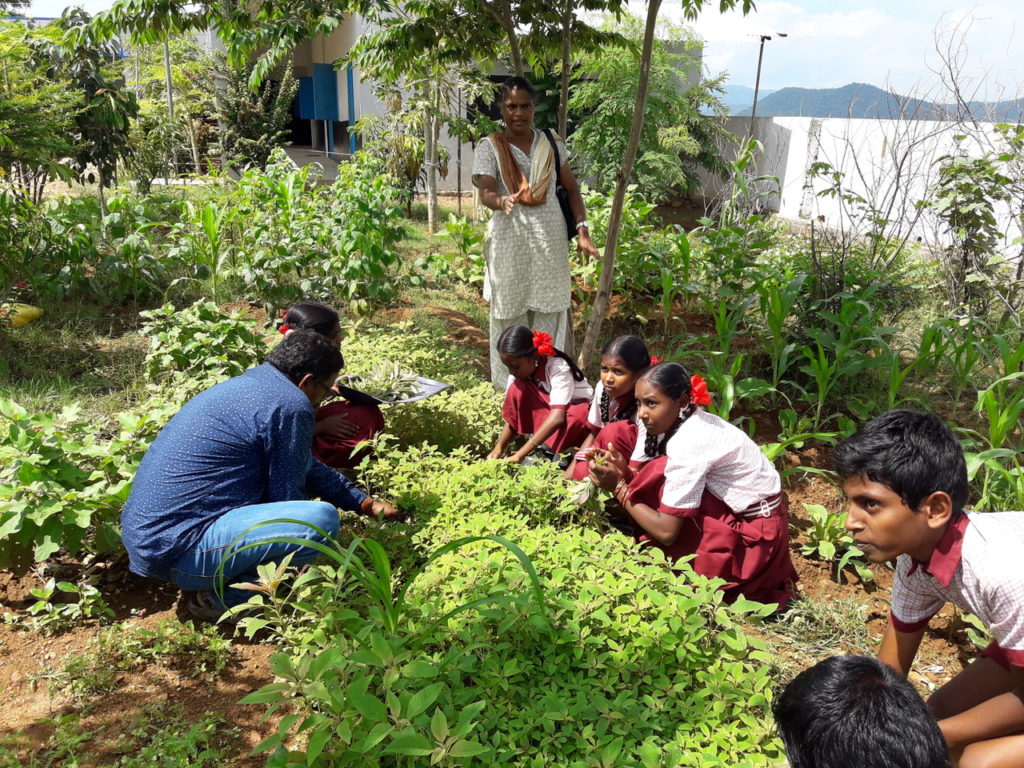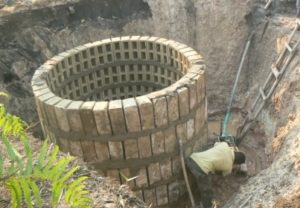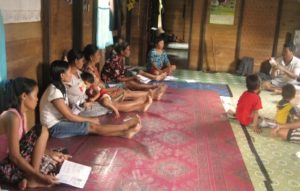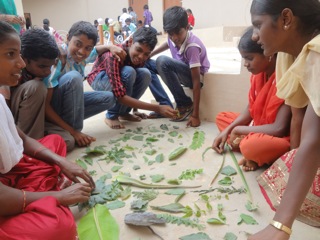Susila Dharma USA is proud and happy to report that Project Anisha has received the second year of funding for its Kitchen Garden Project from the Guru Krupa Foundation based in New York state. The Foundation has given another grant of $10,000 to Anisha this year to continue its four-year educational project to teach over 1400 middle school students to grow organic kitchen gardens at their homes.

The Kitchen Garden Project at Anisha teaches families to grow small-scale kitchen gardens, producing organic vegetables from native seeds. This can make a significant difference in their health and standard of living.
These students live in the Martalli Region of Karnataka State in Southern India. Their families, often single-parent, struggle every day with extreme poverty and everything that results from it. They live in a drought-prone area that is also hard-hit by the effects of climate change. Learning to grow small-scale kitchen gardens producing organic vegetables grown from native seeds (initially supplied by Anisha’s native seed bank) can make a significant difference in improving the standard of living in this area. It can help to stem the flow of farming families that are forced to abandon their homes in India’s countryside and move into the dumping grounds of India’s big city slums.
We are so appreciative of the support provided by the Guru Krupa Foundation to help Anisha do its vitally important work! Please visit their website to learn about their impressive work in both the United States and India – www.guru-krupa.org.
You can read more about Anisha on our web site and see a slide presentation about the Kitchen Garden Project below.




